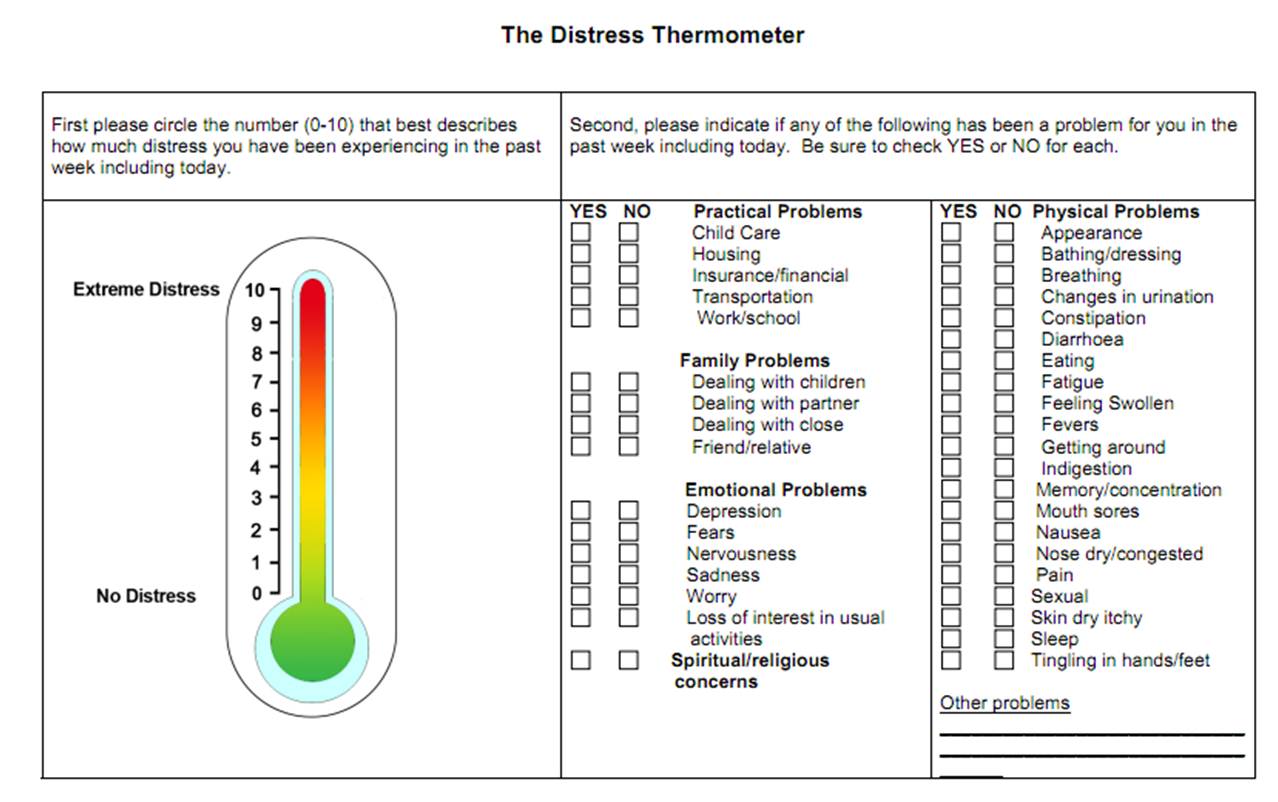According to a new study published this Wednesday by the University at Buffalo (UB), when men are diagnosed with prostate cancer, they could choose treatments that are not necessary, which might be produced by the patient’s emotional distress.
The UB along with the Roswell Park Cancer Insitute presented the study published in the February issue of Journal of Urology.

“Emotional distress may motivate men with low-risk prostate cancer to choose more aggressive treatment, such as choosing surgery over active surveillance,” said the lead author of the study, Heather Orom, Ph.D.
The results of the study proved what the investigation was suspecting regarding the effects of emotional distress in this kind of treatments. According to Orom, who is an associate professor of community health and health behavior in UB’s School of Public Health and Health Professions, they want to make the treatment decision as informed and supported as possible.
Orom said that if this kind of emotional problem is making men take decisions that aren’t actually helpful. They first must have clearer information concerning the disease and its consequences. She said that the health community must provide strategies to overcome the stress that comes with the diagnosis for the patient’s life quality to be improved.
The study and the ‘Distress Thermometer’
The research included over 1,500 participants, all men that have been diagnosed with the prostate cancer disease recently. This to avoid any participant whose disease may have spread to other parts of the body.
The investigation team measured the patient’s emotional distress with the “Distress Thermometer.” This method consists of measuring men’s distress on a scale of 0 to 10, with 0 meaning no distress at all and 10 extreme distress. The assessment of the results was taken right after diagnosis and then again after the treatment decision was chosen.

The majority of the participants presented a low or intermediate risk prostate cancer, in which surgery, radiation, and active surveillance are the best choices concerning treatments.
The results of the study showed that patients with low-risk prostate cancer and high levels of emotional distress were more likely to choose surgery before any other option. The investigation team stated that active surveillance could work just as well in low-risk prostate cancer patients while avoiding the surgery’s side effects.
The side effects of surgery could translate into erectile dysfunction and incontinence, and in most cases, these avoidable consequences are the product of patient’s overtreatment caused by emotional distress. The research team said that if doctors are aware of what is causing men to take wrong decisions regarding their treatment choices, they could help patients to have a better life quality.
Even when prostate cancer is considered a major disease in the United States, it is not a death sentence for people diagnosed with it. Right now in the country, there are over 3 million survivors of the illness, as reported by the American Cancer Society.
Source: University at Buffalo
